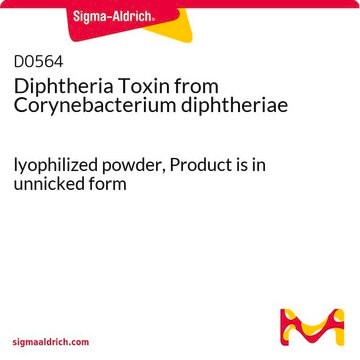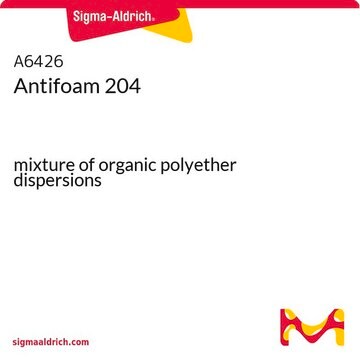D1377
2,6-Diaminopimelic acid
≥98% (TLC), suitable for thin layer chromatography (TLC)
Synonyme(s) :
2,6-Diaminoheptanedioic acid
About This Item
Produits recommandés
product name
2,6-Diaminopimelic acid, ≥98% (TLC)
Pureté
≥98% (TLC)
Forme
powder
Technique(s)
thin layer chromatography (TLC): suitable
Couleur
white to off-white
Pf
~295 °C (dec.) (lit.)
Application(s)
peptide synthesis
Chaîne SMILES
NC(CCCC(N)C(O)=O)C(O)=O
InChI
1S/C7H14N2O4/c8-4(6(10)11)2-1-3-5(9)7(12)13/h4-5H,1-3,8-9H2,(H,10,11)(H,12,13)
Clé InChI
GMKMEZVLHJARHF-UHFFFAOYSA-N
Vous recherchez des produits similaires ? Visite Guide de comparaison des produits
Catégories apparentées
Description générale
Application
- as a supplement in glucose minimal media for screening Bacillus subtilis(44)
- as a component of lysogeny broth (LB) agar for screening E coli transformants(45)
- as a standard in thin layer chromatography for the characterization of DAP isoforms from Streptomyces strains(46)
Actions biochimiques/physiologiques
Autres remarques
Mention d'avertissement
Warning
Mentions de danger
Conseils de prudence
Classification des risques
Eye Irrit. 2 - Skin Irrit. 2 - STOT SE 3
Organes cibles
Respiratory system
Code de la classe de stockage
11 - Combustible Solids
Classe de danger pour l'eau (WGK)
WGK 3
Point d'éclair (°F)
Not applicable
Point d'éclair (°C)
Not applicable
Équipement de protection individuelle
dust mask type N95 (US), Eyeshields, Gloves
Certificats d'analyse (COA)
Recherchez un Certificats d'analyse (COA) en saisissant le numéro de lot du produit. Les numéros de lot figurent sur l'étiquette du produit après les mots "Lot" ou "Batch".
Déjà en possession de ce produit ?
Retrouvez la documentation relative aux produits que vous avez récemment achetés dans la Bibliothèque de documents.
Les clients ont également consulté
in natural samples using volatile-ion-pairing reverse-phase liquid
chromatography?electrospray ionization tandem mass spectrometry
Notre équipe de scientifiques dispose d'une expérience dans tous les secteurs de la recherche, notamment en sciences de la vie, science des matériaux, synthèse chimique, chromatographie, analyse et dans de nombreux autres domaines..
Contacter notre Service technique













